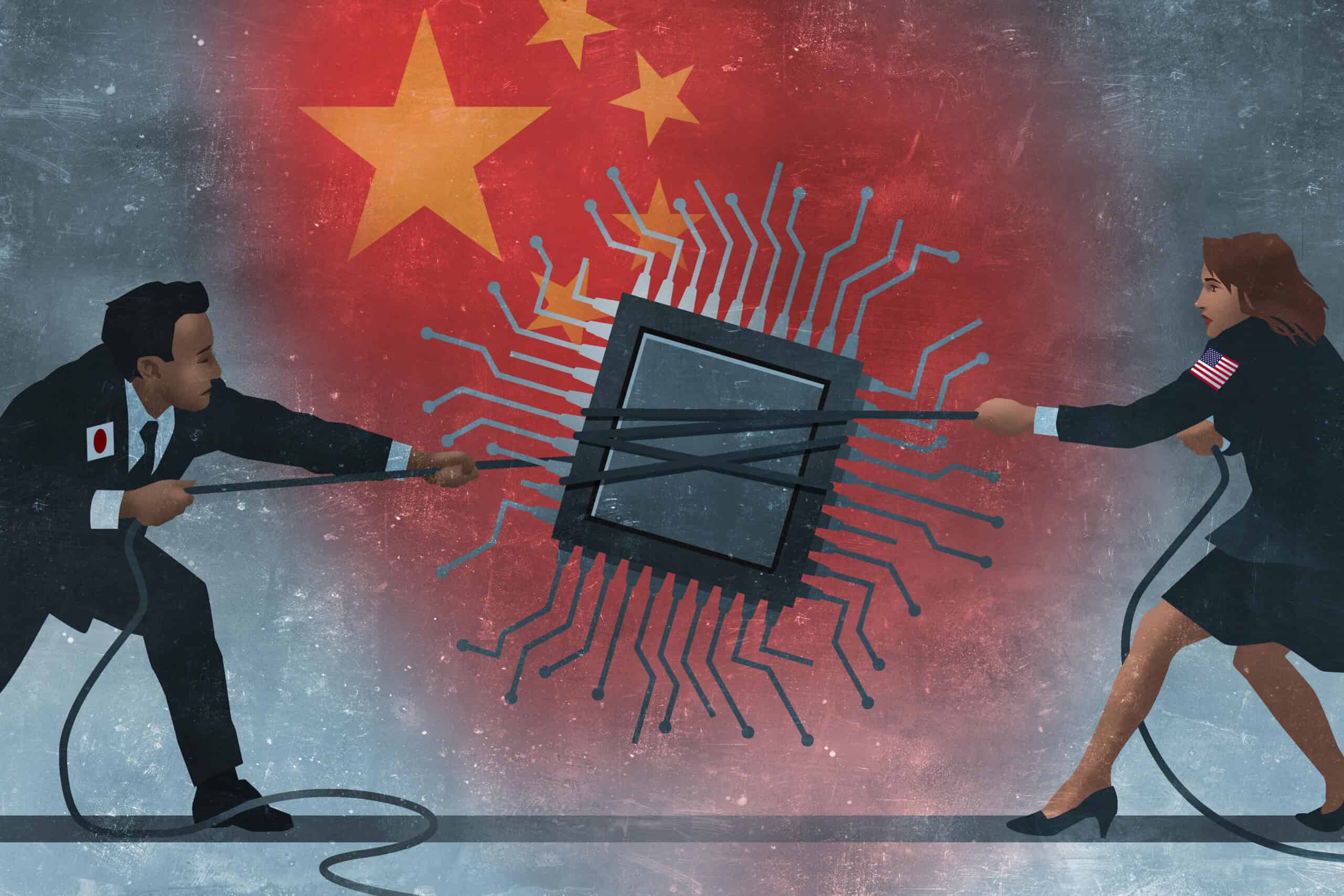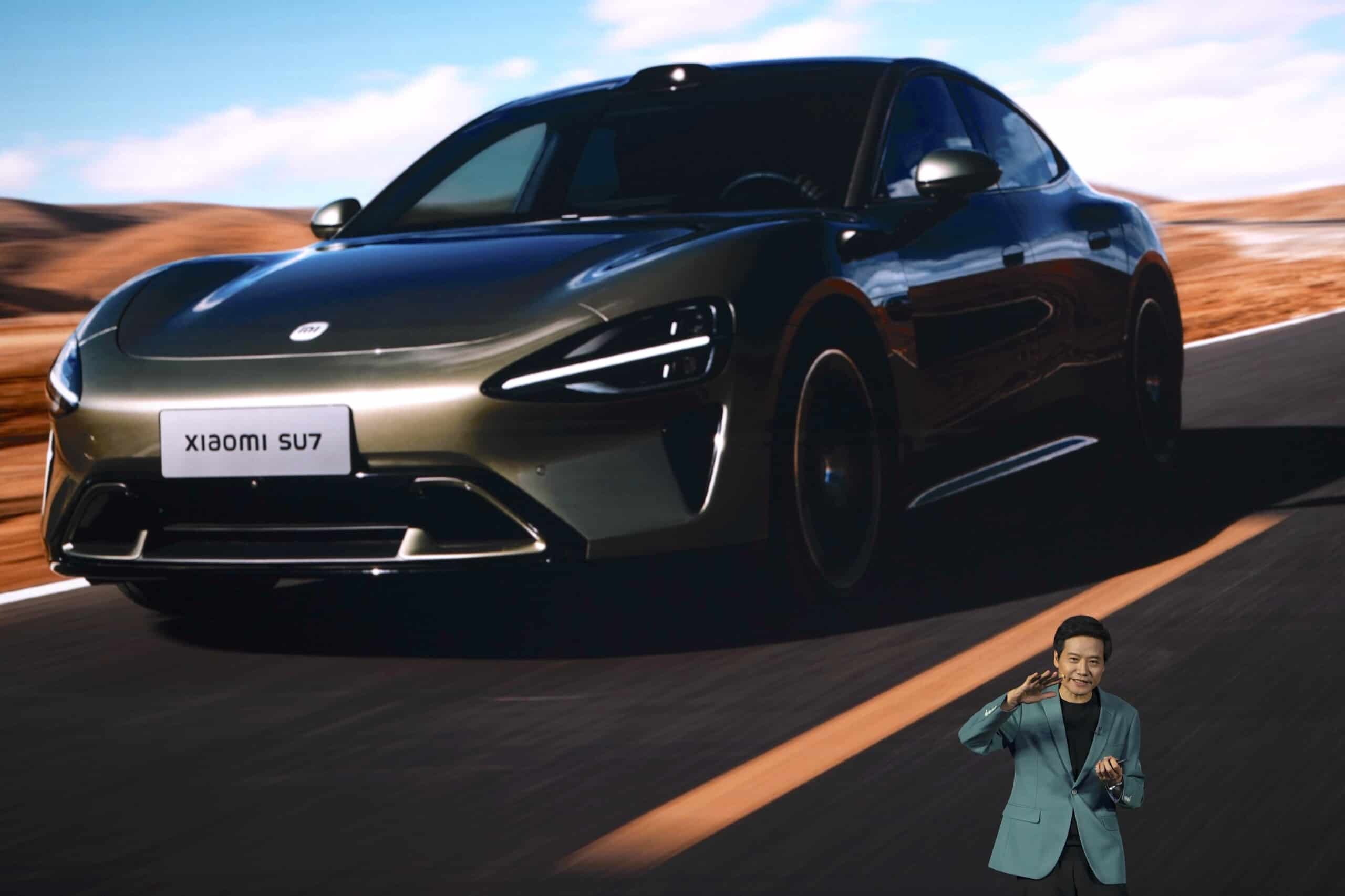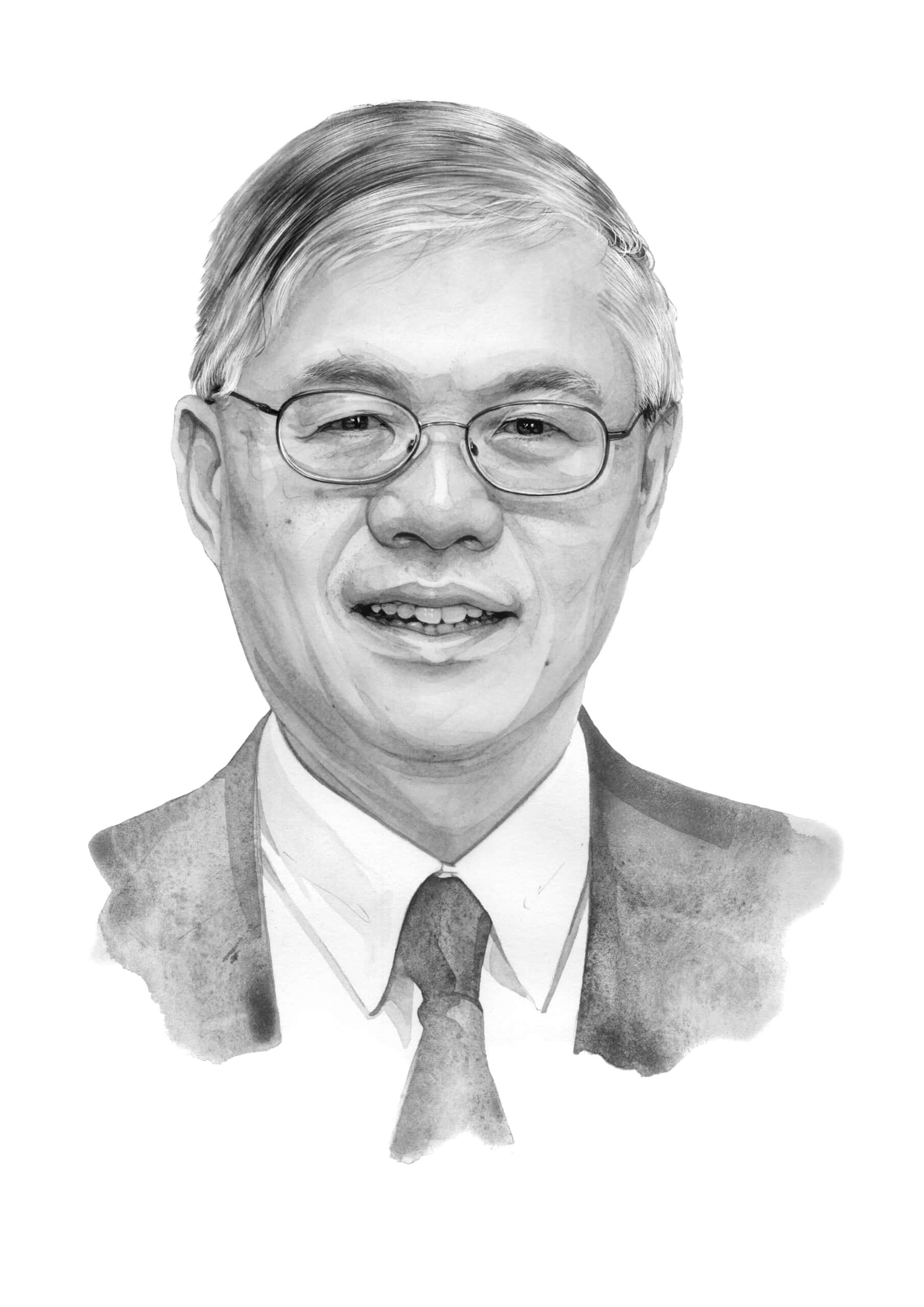Andrew J. Nathan is the Class of 1919 Professor of Political Science at Columbia University, and an authority on Chinese politics and foreign policy. He is also chair of the steering committee of the Center for the Study of Human Rights and chair of the Morningside Institutional Review Board (IRB) at Columbia. Nathan's books include Peking Politics, 1918-1923; The Tiananmen Papers, co-edited with Perry Link; China's New Rulers: The Secret Files, co-authored with Bruce Gilley and China’s Search
Navigate China's Business Landscape with Confidence.
- Gain visibility into supplier risks
- Easily manage trade compliance
- Conduct in-depth due diligence



